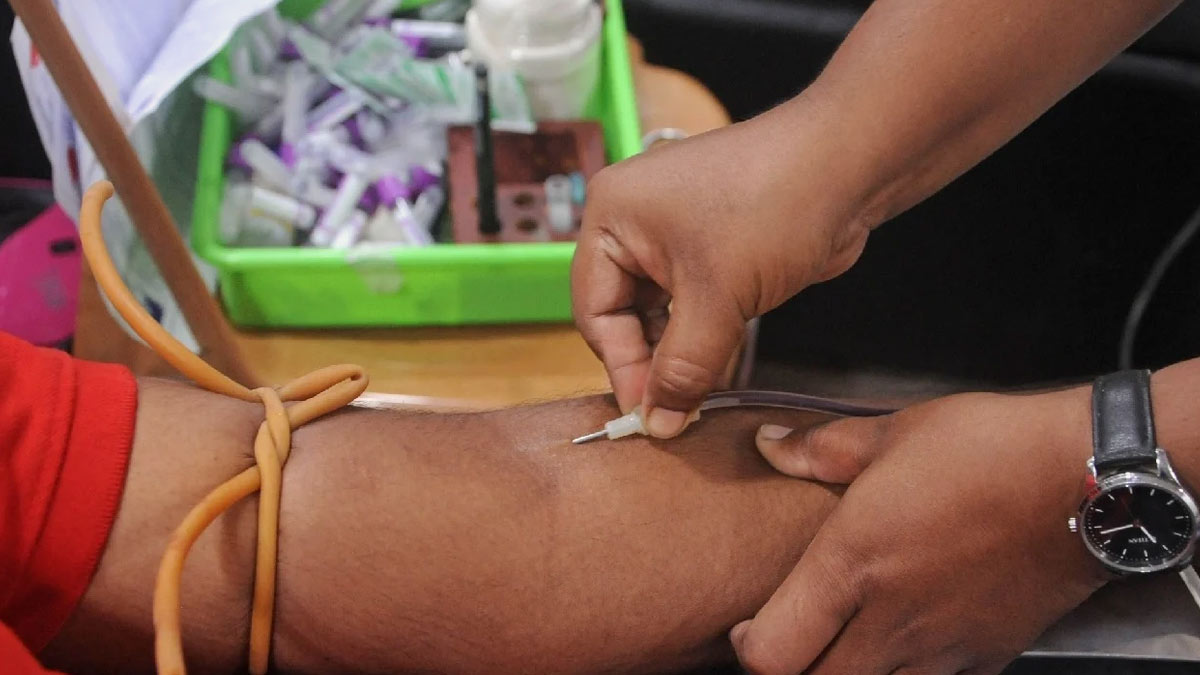
In a significant move to enhance the country's healthcare services, the government has announced three new initiatives aimed at improving the quality and accessibility of healthcare for all citizens. These initiatives encompass virtual National Quality Assurance Standards (NQAS) assessments for Ayushman Arogya Mandirs (AAM), a new compliance monitoring dashboard for Indian Public Health Standards (IPHS), and a rapid food licence and registration initiative for food vendors.
Table of Content:-
Virtual NQAS Assessment for Ayushman Arogya Mandirs
The introduction of virtual National Quality Assurance Standards (NQAS) assessments for Ayushman Arogya Mandirs is a critical step in ensuring the consistent quality of healthcare services across the country. With over 1.73 lakh AAMs established, the government is keen on maintaining high standards in these facilities. This virtual assessment tool is expected to streamline the evaluation process, making it more efficient and accessible, ultimately leading to improved patient care and service delivery.

Minister of State for Health and Family Welfare, Prataprao Ganpatrao Jadhav, emphasized the government's commitment to enhancing healthcare infrastructure. Since 2014, the number of medical colleges has doubled, the number of All India Institutes of Medical Sciences (AIIMS) has increased from seven to 23, and postgraduate and MBBS seats have more than doubled. These efforts underscore the government's dedication to addressing both current and future healthcare challenges with a robust and skilled workforce.
Also Read: 93 Ill After Consuming Contaminated Water In Maharashtra Village; Most Common Waterborne Diseases
New IPHS Compliance Monitoring Dashboard
The second initiative is the launch of a new dashboard designed to help health institutions quickly monitor compliance with Indian Public Health Standards (IPHS). This tool will enable health facilities to track their adherence to established standards, ensuring that they provide high-quality care to patients. By facilitating real-time monitoring and reporting, the dashboard aims to enhance transparency and accountability in the healthcare system.
Minister of State for Health and Family Welfare, Anupriya Patel, highlighted the importance of this initiative in improving public health services. She noted that the dashboard, along with the virtual NQAS assessment, would significantly enhance the quality of healthcare provided in public health facilities, thereby boosting patient satisfaction and outcomes.
Also Read: Karnataka Health Dept Cracks Down On Carcinogenic Colours In Pani Puri: Report
Spot Food Licence and Registration Initiative
The third initiative focuses on the food sector with the introduction of a spot food licence and registration initiative for food vendors. This groundbreaking functionality allows for the instant issuance of licences and registrations through the Food Safety and Compliance System (FoSCoS). FoSCoS is a comprehensive pan-India IT platform designed to meet all food safety regulatory needs, simplifying the process for food vendors and ensuring compliance with safety standards.
This initiative not only enhances the ease of doing business in India but also ensures that food safety standards are upheld, protecting consumers and fostering a healthier society. Minister Patel stated that the government is committed to building a robust and quality healthcare infrastructure by 2047, in line with Prime Minister Narendra Modi's vision. This includes not only healthcare facilities but also ensuring that food safety and quality standards are met across the board.
Bottomline
These three initiatives represent a significant stride towards strengthening the healthcare system in India. By focusing on quality assurance, compliance monitoring, and food safety, the government aims to create a more reliable, efficient, and accessible healthcare infrastructure. As these initiatives are implemented, they are expected to bring about substantial improvements in the quality of healthcare services, ultimately benefiting the entire population. The government's continued efforts to invest in healthcare infrastructure and human resources will be crucial in tackling both present and future medical challenges, ensuring a healthier future for all.
Also watch this video
How we keep this article up to date:
We work with experts and keep a close eye on the latest in health and wellness. Whenever there is a new research or helpful information, we update our articles with accurate and useful advice.
Current Version